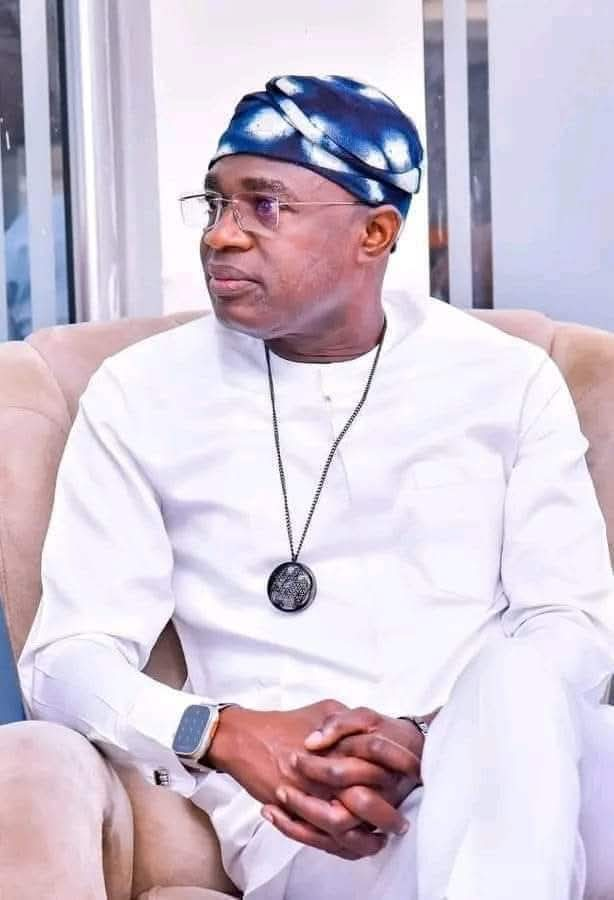FROM PEACE ACCORDS TO GENOCIDE: THE UNTOLD TRUTH BEHIND ANKPALI MASSACRE
*The Alia Blame Game, Fulani Strategy and the Collapse of Governance in Benue
*In Memory of Ijamu Jaha Ochoechi
By Morgan Adikwu
The gruesome massacre of over a dozen residents in Ankpali Edikwu, Apa Local Government Area of Benue State on Sunday, June 1, 2025, has left in its wake not just corpses but deep political, moral, and legal questions. Among the casualties was late Ijamu Jaha Ochoechi, the General Youth Leader of Edikwu Community—a committed voice for justice and a bulwark against the creeping terror. His loss is personal, communal, and symbolic of the broader ethnic cleansing unfolding under the nose of an allegedly complicit state government.
Despite having military and Mobile Police (MOPOL 80) formations within reach, no security response came during the two-hour siege by over 80 armed Fulani herdsmen. This coordinated invasion, described by survivors as celebratory killing, was not random—it followed a so-called peace accord that the attackers themselves used as a ruse. These were not unknown assailants; they lived among the people, studied their routines, and struck with strategic precision.
Even more damning are reports that Governor Hyacinth Alia allegedly directed local government chairmen to engage in peace deals that ultimately allowed these same herdsmen to embed themselves within the community. Now, in the aftermath of one of the bloodiest episodes in Benue’s recent history, the governor has begun deflecting blame toward Abuja-based politicians and National Assembly members—a diversion many see as both incoherent and dishonest.
The contradictions in Governor Alia’s public statements further cast a long shadow over his credibility. He had earlier claimed that foreign militias were behind the attacks in Benue. Yet, in a recent interview on Channels Television, he reversed course and now blames “Abuja-based Benue politicians” for sponsoring the violence.
Curiously, the governor has remained silent on the statement made by His Excellency, Governor Abdullahi Sule of Nasarawa State, who directly accused Governor Alia of relaxing the Anti-Open Grazing Law, which has led to the worsening of armed Fulani incursions in Benue and its environs.
Furthermore, some critics have gone as far as alleging that Governor Alia entered into a pact with Fulani hegemonists during the campaign era—a deal they now claim he is faithfully keeping, even if it comes at the cost of his people’s blood.
It is painfully ironic that while ECOWAS protocols on transhumance are invoked by the governor to justify the movement and settlement of Fulani herders, he fails to reference other international frameworks that condemn genocide, ethnic cleansing, and crimes against humanity.
Article 3 of the Genocide Convention, the African Charter on Human and Peoples’ Rights, and various international humanitarian laws all oppose the forced displacement and systemic annihilation of communities. Why are these never cited in Alia’s script?
This is where lessons from history become instructive. In 1787, the Philadelphia Convention in the United States was convened to halt internal expansionist ambitions that threatened national unity. The framers of the U.S. Constitution feared the same form of unchecked territorial domination we now see in Nigeria. They created legal boundaries and reinforced state sovereignty to prevent civil strife. In contrast, Nigeria’s leadership appears to enable one group’s expansionist agenda under the guise of pastoralism.
The current Fulani incursion into ancestral lands in Benue and across the Middle Belt mirrors what America’s founders feared: a dominant group using mobility and militarism to conquer the territories of others. Without federal restraint, legal boundaries, or clear protection of indigenous rights, this expansionist violence will disintegrate Nigeria’s fragile unity.
And where is the state’s role? When villagers can’t count on MOPOL or nearby military formations to intervene during an active attack, what message does that send? Is the state merely a spectator—or worse, an enabler?
Many now believe that Governor Alia’s refusal to hold the Fulani militia accountable—while blaming Abuja politicians—betrays a disturbing political alignment. If true, this would place him not just on the wrong side of his people, but on the wrong side of history.
In memory of Jaha Ochoechi, the brave youth leader who stood as a voice for Edikwu’s survival, and all others slain in this tragic campaign of silence, the time has come to demand action. Let Nigeria return to its constitutional promise—where unity is protected by justice, not undermined by ethnic conquest disguised as governance.
